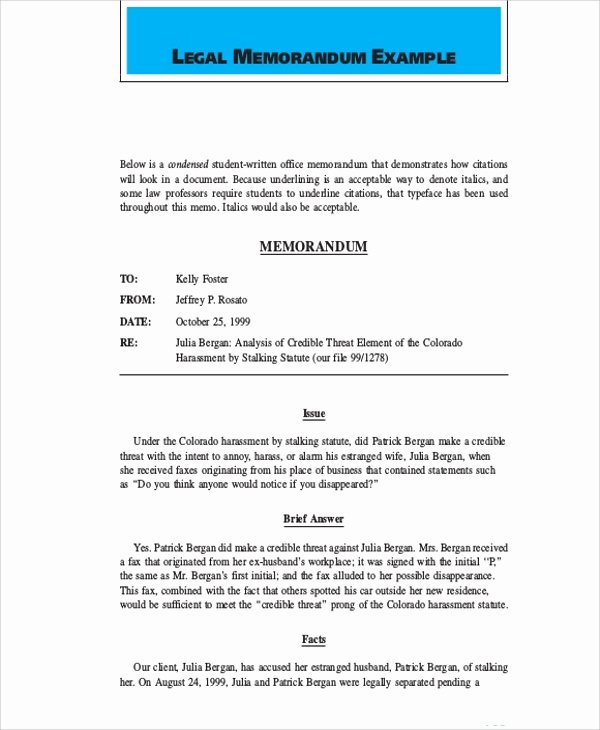Simple Predicate Examples: Quick Guide to Mastering Grammar

Understanding the simple predicate is essential for mastering grammar. It’s the heart of a sentence, revealing the action or state of being. Whether you’re a student, writer, or language enthusiast, grasping this concept will enhance your writing clarity. Below, we’ll explore simple predicate examples, break down their structure, and provide actionable tips to apply them effectively. Let’s dive in and simplify grammar together, one predicate at a time. (grammar basics, sentence structure, writing tips)
What is a Simple Predicate?

A simple predicate is the main verb or verb phrase in a sentence that tells what the subject is doing or being. It excludes any objects, modifiers, or prepositional phrases. For example, in the sentence “The cat sleeps,” “sleeps” is the simple predicate. It focuses solely on the action or state of the subject. (verb phrase, sentence components, grammar essentials)
Simple Predicate Examples in Action

Here are clear examples to illustrate simple predicates:
- She runs. (Runs is the simple predicate.)
- They laughed. (Laughed is the simple predicate.)
- The dog barks. (Barks is the simple predicate.)
Notice how each example highlights the verb without additional details. This simplicity makes it easier to identify and understand. (predicate examples, verb identification, grammar practice)
How to Identify a Simple Predicate

Follow these steps to spot the simple predicate in any sentence:
- Find the subject: Identify who or what the sentence is about.
- Locate the verb: Determine the action or state of being.
- Isolate the verb phrase: Exclude any objects or modifiers.
✨ Note: Always focus on the verb alone, even if it’s part of a larger phrase. (sentence analysis, grammar skills, predicate identification)
Common Mistakes to Avoid

When working with simple predicates, avoid these pitfalls:
- Including objects or prepositional phrases.
- Confusing the predicate with the entire verb phrase.
- Ignoring linking verbs like “is” or “seems.”
Stay focused on the verb to keep it simple. (grammar mistakes, predicate errors, writing clarity)
Quick Checklist for Mastering Simple Predicates

Use this checklist to ensure you’ve got it right:
- ✅ Identify the subject.
- ✅ Locate the main verb.
- ✅ Exclude objects or modifiers.
- ✅ Verify the verb makes sense alone.
Practice regularly to build confidence. (grammar checklist, predicate practice, writing improvement)
Mastering the simple predicate is a foundational step in understanding grammar. By focusing on the verb and practicing with clear examples, you’ll improve your sentence structure and writing clarity. Remember, simplicity is key—isolate the action or state of being, and you’ll nail it every time. Keep practicing, and soon, identifying simple predicates will become second nature. (grammar mastery, writing skills, language learning)
What is the difference between a simple predicate and a complete predicate?
+
A simple predicate is just the verb or verb phrase, while a complete predicate includes the verb and all related words, such as objects or modifiers.
Can a sentence have more than one simple predicate?
+
No, a sentence has only one simple predicate, which is the main verb or verb phrase.
How do linking verbs fit into simple predicates?
+
Linking verbs like “is” or “seems” can be simple predicates if they express the state of being of the subject.



